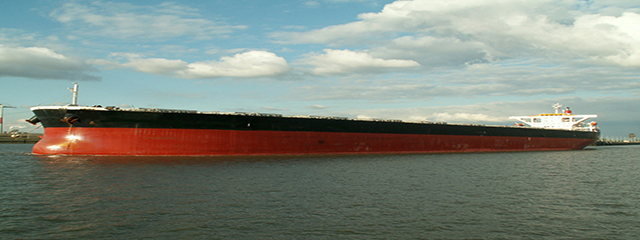Shipping is a gigantic industry. It has not fundamentally changed for almost half a century. Most of the vessels that criss-cross the World’s oceans each day are still bulky, low-quality diesel-guzzling polluting giants. However, this could all change in the very near future. Europa Trust Company Ltd investigates the dramatic changes in the global shipping industry.
The shipping industry has remained the same for many decades. It continues to use old, awkward-designed vessels, low quality fuel and inadequate labour and crew. Smarter ships of the future will be efficiently designed and controlled, improving their travels, lowering their emissions and reducing fuel consumption.
Crew-less Vessels
A signification change to global shipping is focusing on ship crew and ship control within the vessels. Tests are taking place for the notion of “captain-free ships”. On-land centres many miles away are currently being used to control and navigate ships without captains. Eventually, it is predicated that there will be crew-less and captain-free vessels sailing the global waters control by computers. Engineers around the World are currently working on different projects to teach computers to control ships building on the current in use technology of driver-less-cars.
The purpose to remove human crews from their vessels and the shipping industry is to reduce inadequate crew levels, increase safety, efficiently controlling the movements of the vessels, reduce fuel consumption and lower emissions.
Pollution-free Vessels
Low-grade ship bunker fuel has up to 2,000 times the sulphur content of diesel fuel used in American and European cars. This means that the current global fleet of the biggest ships can emit more pollution than the World’s cars. The future solution to this global pollution problem is to have electric ships.
This notion is not as far fetched as it sounds. Fully electric, 80-meter container transporters are planned to enter service in the second half of 2018. Their design and success on the sea will push forward the notion of clean shipping. A Japanese marine company is currently working on rigid solar panel sails that can be fitted to cargo ships.
Lighter Designer Vessels
Ship designers from around the World are looking to avoid steel builds and construct lighter ships. Current designs are focusing on composite materials, such as plastic and glass fibres. These designs could greatly reduce the weight of current vessels and thereby improving fuel consumption and increase cargo capacity.
Designers are also utilising the technology of 3D printing to change how ship components are produced to make the vessels lighter. A prototype, 3D printed propeller was recently produced in the Netherlands. It is hoped in the future, ships will be able to repair and replace components at sea with 3D printers on-board to reduce time, cost and fuel of sailing to ports for repairs.
The global shipping industry is rapidly changing. Will the future be crew-less, gigantic vessels piloted from half way across the World, built from futuristic emission-cutting materials, and powered by the Sun? It appears this future is in the process of arriving.
Working with Europa Marine Consultants Ltd.
Europa Marine Consultants Ltd is part of the Europa Group. We have been based in Gibraltar since 1987 and have built a reputation as a stable and reputable business.
On a daily basis, we register and manage both private and commercial vessels in ports of registry worldwide. Our extensive expertise and understanding of each client’s individual requirements is matched by a wide range of supporting services. All our services come with the reassurance of a knowledgeable response, professional ethic and unwavering customer focus.
Our experienced and dedicated marine team provides a full range of tailored services to seafarers.
Contact us today to find out how we can help you.






